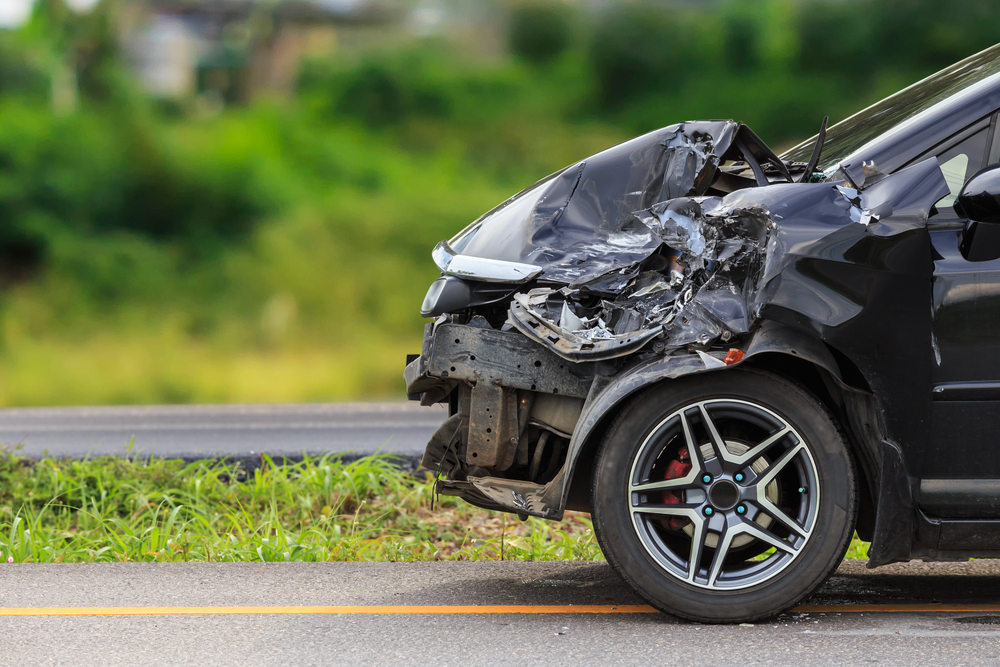
When your car is damaged on private property, it can bring about unique challenges and questions regarding insurance coverage and liability. Unlike accidents that occur on public roads, where the process is quite straightforward, dealing with incidents on private property often requires a different approach. It’s important to understand your rights and the intricacies that come into play so you can navigate the situation effectively.
If you hit a parked car or encounter any accident while on private land, such as a parking lot or a residential driveway, your auto insurance coverage typically still applies. However, the procedures for claims and determining fault may vary from those on public roads. You may also wonder about the property owner’s role in the event and to what extent they might share in the liability. It’s essential to know how to properly report the incident and what steps to follow to ensure that your interests are protected.
Understanding Liability
When your car is damaged on private property, navigating the rules of liability involves understanding property laws and determining negligence.
Private Property Laws
Nevada‘s private property laws stipulate that property owners have certain responsibilities towards individuals on their premises, including drivers. However, ownership alone does not automatically render the property owner liable for car accident damages. The specifics of the property, such as signage and maintenance, play a pivotal role. If you’re involved in an accident on someone else’s property, you should consider:
- Clear markings and signs: Proper signs can indicate the owner has taken steps to prevent accidents.
- Maintenance of the property: Hazards such as potholes or unclear lane markings may shift liability towards the property owner.
Determining Negligence
To determine who is at fault for your damaged vehicle, negligence must be established. You or the property owner may be held liable based on:
- Behavior: If you were driving recklessly or inattentively, you may be considered negligent.
- Permission: If you or another person was driving your car with permission, you might bear responsibility.
Remember, the presence of negligence depends on the specific circumstances surrounding the accident and the adherence to traffic rules, even within a private property context.
Navigating Insurance Claims
When your car is damaged on private property, understanding the claims process and your coverage is crucial for a smooth resolution.
Filing a Claim
In the event of car damage on private property, you must act promptly to report the incident to your insurance provider. Here’s a concise step-by-step guide:
- Document the damage: Take photos of your vehicle and the surrounding area, noting any conditions that may have contributed to the incident.
- Notify the police: Especially in cases of a hit-and-run or significant damage, obtaining a police report may aid in the claims process.
- Contact your insurance company: Provide them with all the necessary details and the police report (if applicable).
- Follow their procedure: Your insurer may dictate specific repair shops or require additional documentation.
Insurance Coverage Types
Your coverage for incidents on private property will depend on your specific policy. In Nevada, like many states, certain types of coverage are standard:
- Liability Insurance: Covers damage you cause to other people’s property but does not cover damage to your own vehicle.
- Collision Insurance: This will generally cover your car’s damages in this scenario, irrespective of fault.
- Comprehensive Insurance: If the damage was caused by a non-collision event—like theft or natural disasters—it’s comprehensive insurance that will come into play.
Check your policy details, as coverage can vary depending on your insurer and the options you’ve chosen.
If you are looking for legal advice and awareness on Las Vegas Personal Injury Lawyer or Las Vegas Car Accident Lawyer click here to contact us.
